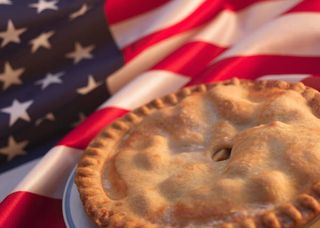 "If you make a will you can distribute the wealth as per your wish and avoid many hassles. It particularly becomes more complicated if there are immovable properties involved and there are disputes on the values of such properties," says Ashish Kehair, EVP and head – private wealth and international businesses, ICICI Securities.
"If you make a will you can distribute the wealth as per your wish and avoid many hassles. It particularly becomes more complicated if there are immovable properties involved and there are disputes on the values of such properties," says Ashish Kehair, EVP and head – private wealth and international businesses, ICICI Securities.
Why do you need a will?
One of the big reasons to make a will is to distribute the wealth as you want and avoid many of the headaches and expenses for your heirs, especially when you have immovable properties and disputes over their value. This caution is discussing in a recent article in The Business Standard titled "Why you should make a will." If there is no will and more than one legal heir, the distribution of assets is conducted by the court under probate law. This can be time-consuming and cumbersome.




























